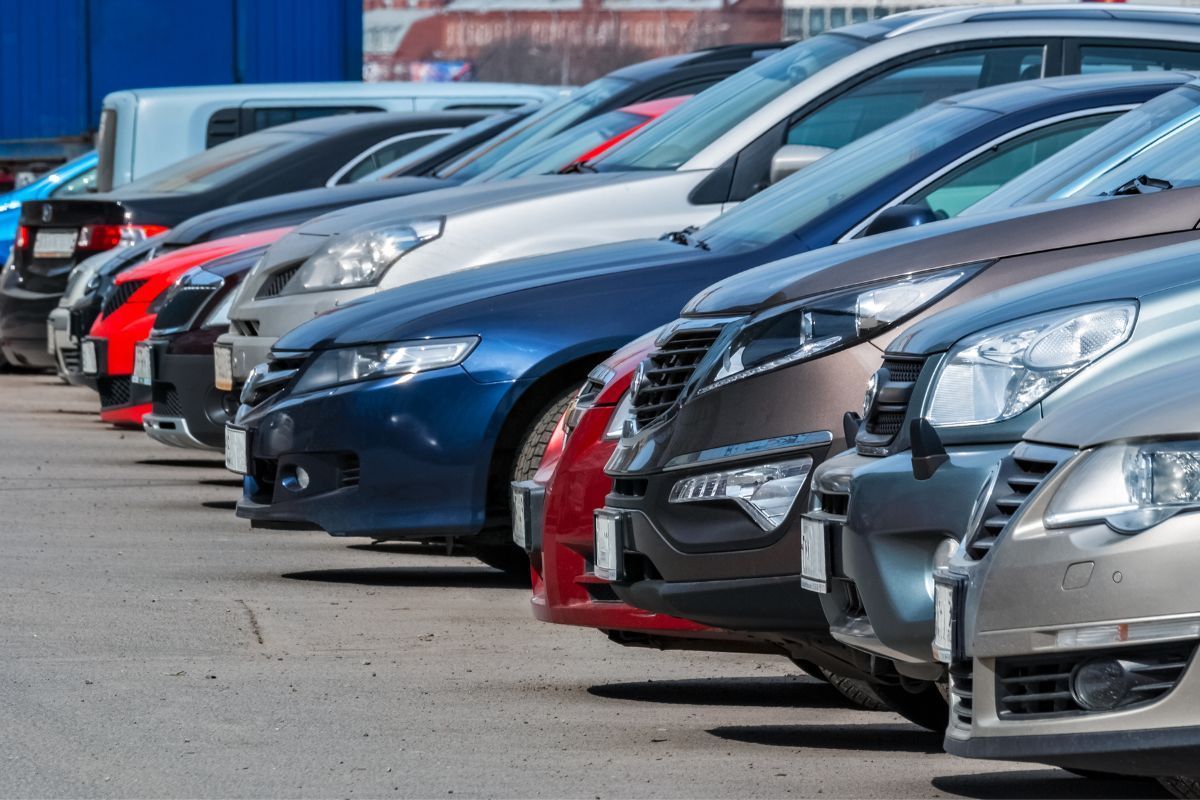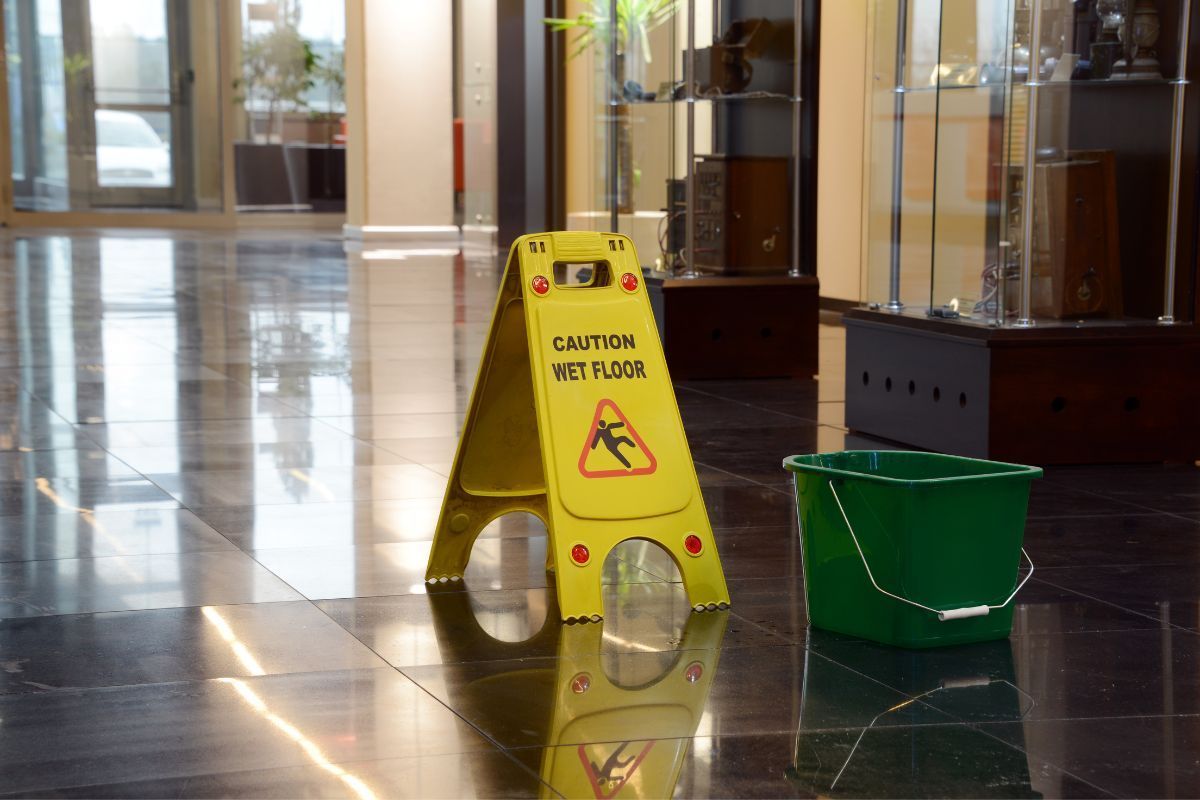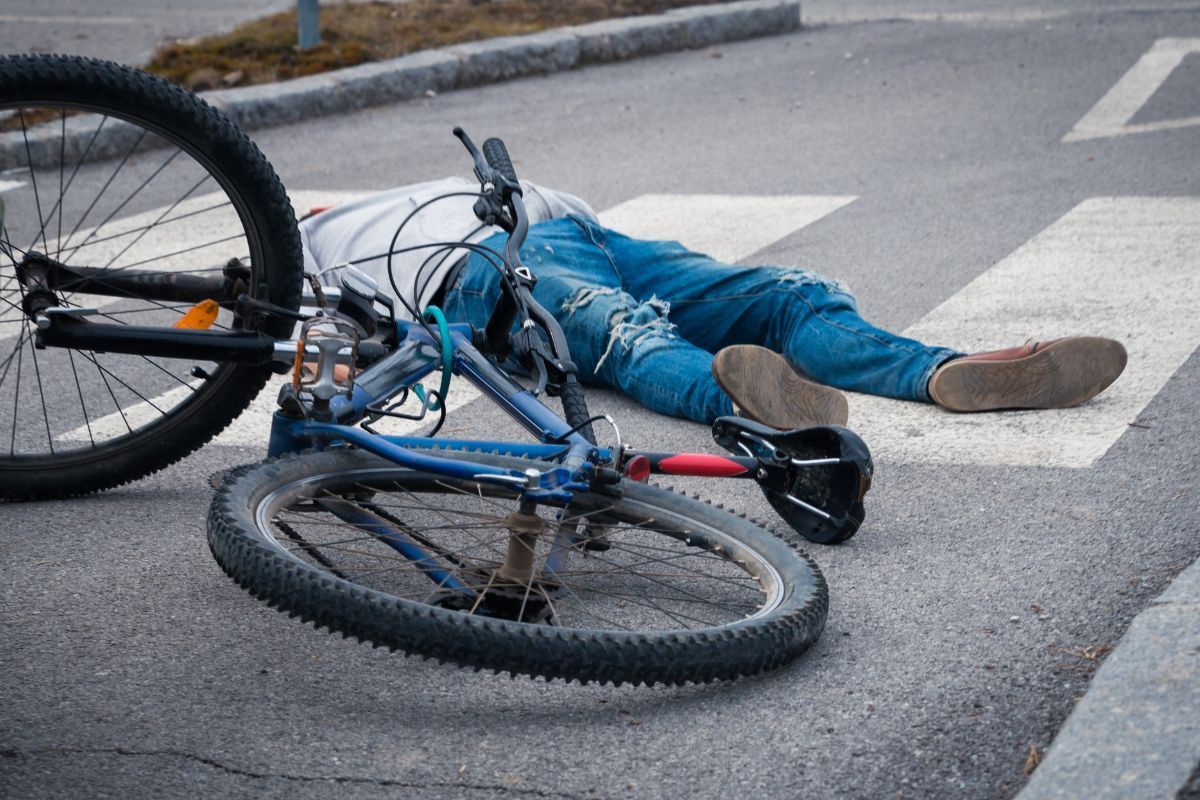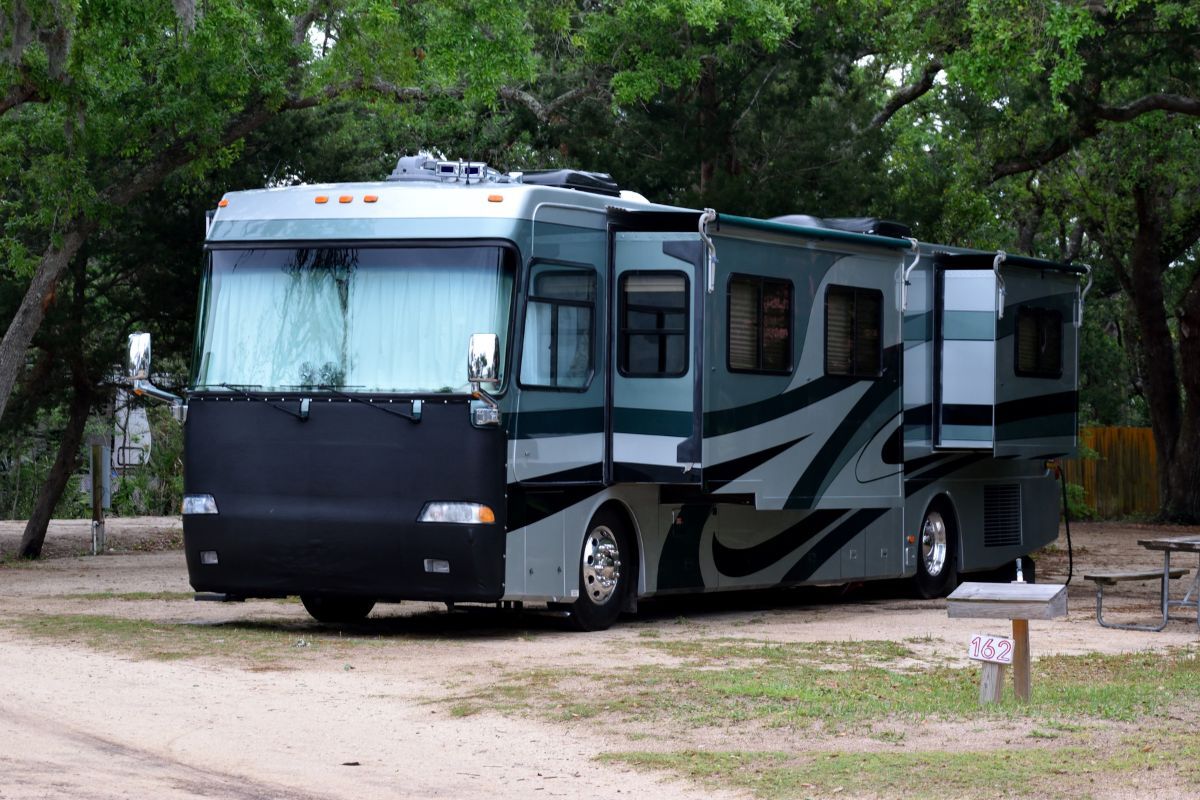The Significance of Helmet Use When Cycling in Port Charlotte, Florida
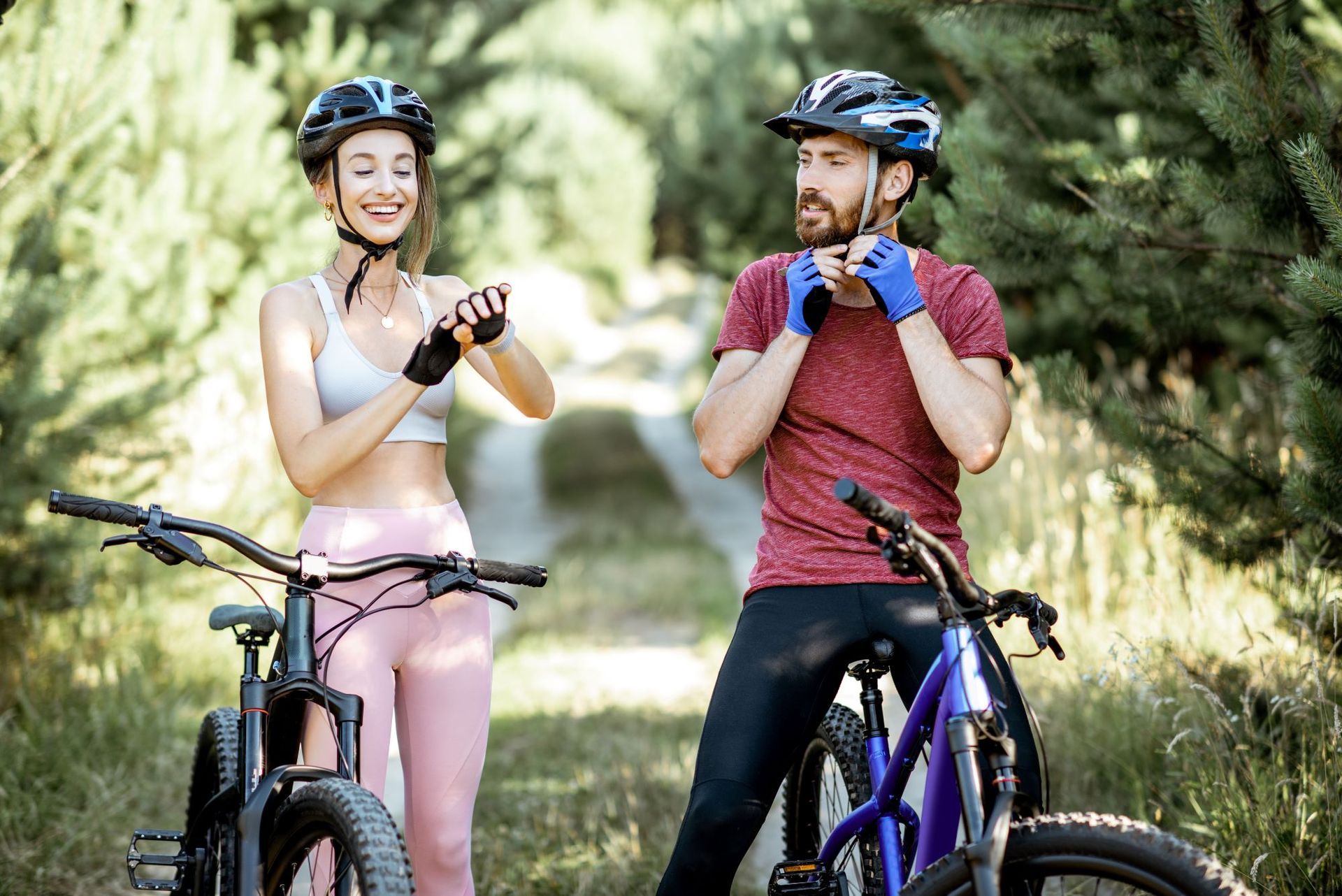
Cycling in Port Charlotte, Florida is an exciting way to explore the town's beautiful scenery while keeping active. However, as with any physical activity, ensuring safety should always be a top priority. Of the different safety measures to consider, the use of helmets stands out as particularly crucial. This blog post delves into the importance of helmet use in Port Charlotte and the local regulations that prioritize cyclist safety. At Goldman, Tiseo & Sturges, P.A. (GTS), we are committed to promoting responsible cycling and safeguarding the well-being of our community.
The Significance of Wearing Helmets
Wearing a helmet is critical for every cyclist, regardless of their level of experience or expertise. Helmets serve as a protective shield, significantly reducing the risk of traumatic brain injury in case of an accident. As cycling paths in Port Charlotte often cross with motor vehicles, many of them driven by part-time area residents not familiar with our roadways, taking precautionary measures becomes even more essential. According to the Centers for Disease Control and Prevention (CDC), helmets can reduce the likelihood of head injury by up to 60% and the risk of death by 37% in the event of a crash. Such statistics underscore the potential of helmets in saving lives, making them an indispensable gear for every cyclist.
Local Requirements for Helmet Use
Florida recognizes the vital role helmets play in ensuring cyclist safety, which is why it has specific regulations in place to enforce safety standards. Currently, Florida mandates helmet use for cyclists under the age of 16. This law applies to all cyclists, including those who ride in public roads, trails, parks, or recreational areas. By implementing these regulations, the state seeks to foster a culture of safety and encourage responsible cycling practices, especially among younger cyclists. However, it's worth noting that wearing helmets should be recommended for cyclists of all ages. The added protection helmets provide is invaluable, particularly when navigating busy intersections.
Raising Awareness and Promoting Helmet Use
While local laws play a crucial role in promoting helmet use, creating a safer cycling environment takes collaborative efforts that involve schools, community organizations, and law enforcement agencies. At GTS, we believe that cycling clubs and associations can contribute significantly by organizing educational events and workshops that emphasize the importance of helmet use. With support from local authorities and seasoned cyclists, such initiatives can promote safe cycling practices and instill a sense of responsibility within the cycling community. Additionally, parents and guardians play a crucial role in leading by example and instilling helmet-use habits in their children from an early age. Encouraging open communication about the importance of helmet use and overall cycling safety can help cultivate responsible cyclists of the future.
The Role of Personal Injury Attorneys
The personal injury attorneys at GTS understand the severe consequences of cycling accidents firsthand. Injuries suffered in cyclist accidents can almost always be lessened or minimized had cyclists been wearing helmets. Our firm strongly advocates for safe cycling practices and encourages all cyclists to prioritize helmet use, regardless of age or experience. By doing so, we can collectively create a safer cycling environment, reducing the likelihood of accidents and injuries. While it’s our job to assist you in your personal injury claim, we truly hope your injuries are minor rather than substantial.
Creating a Safer Cycling Environment
In addition to wearing helmets, there are other crucial aspects of cycling safety that deserve attention to ensure the well-being of all cyclists. Here are some additional measures that can be implemented to promote responsible cycling practices and enhance safety in Port Charlotte:
- Regular Bike Maintenance: Keep your bicycle well-maintained to ensure it operates smoothly, reducing the risk of accidents caused by mechanical failures.
- Adhering to Traffic Rules: Respect traffic laws, signals, and signs, contributing to a predictable flow of traffic and reducing collisions.
- Enhancing Visibility: Use reflective gear, bright clothing, and proper lights to increase your visibility to motorists and other cyclists, especially during low-light conditions or adverse weather.
- Utilizing Hand Signals: Utilize hand signals when turning, stopping, or changing lanes to signal your intentions to other road users, ensuring clear communication.
- Avoiding Distractions: Stay focused on the road and avoid using mobile devices or headphones while cycling, as distractions can compromise your ability to react quickly to potential hazards.
- Respecting Pedestrians: Yield the right-of-way to pedestrians, particularly when using shared pathways or sidewalks, and pass them at a safe speed, providing them with ample space.
- Promoting Education for Motorists: Encourage respectful and cautious behavior among motorists when sharing the road with cyclists, fostering a culture of respect and understanding.
- Advocating for Bike-Friendly Infrastructure: Support the development of bike lanes, designated cycling paths, and bike racks to improve the safety and convenience of cycling in Port Charlotte.
- Investing in Training: Encourage cyclists to participate in safety training courses to enhance their biking skills and awareness, ultimately preventing accidents.
- Spreading the Word: Use social media platforms, local events, and community gatherings to promote cycling safety and the importance of wearing helmets, rallying friends and family to create a safer cycling community.
At GTS, we strongly believe that wearing a helmet should top the safety list for every cyclist. By adhering to local regulations, making responsible choices, and embracing safe cycling practices, we can collectively contribute to a safer cycling environment in Port Charlotte. Let us unite in promoting helmet use and overall cycling safety, ensuring that we protect ourselves and our loved ones from unnecessary harm while enjoying the captivating beauty of Port Charlotte, Florida.
Share This Post:
